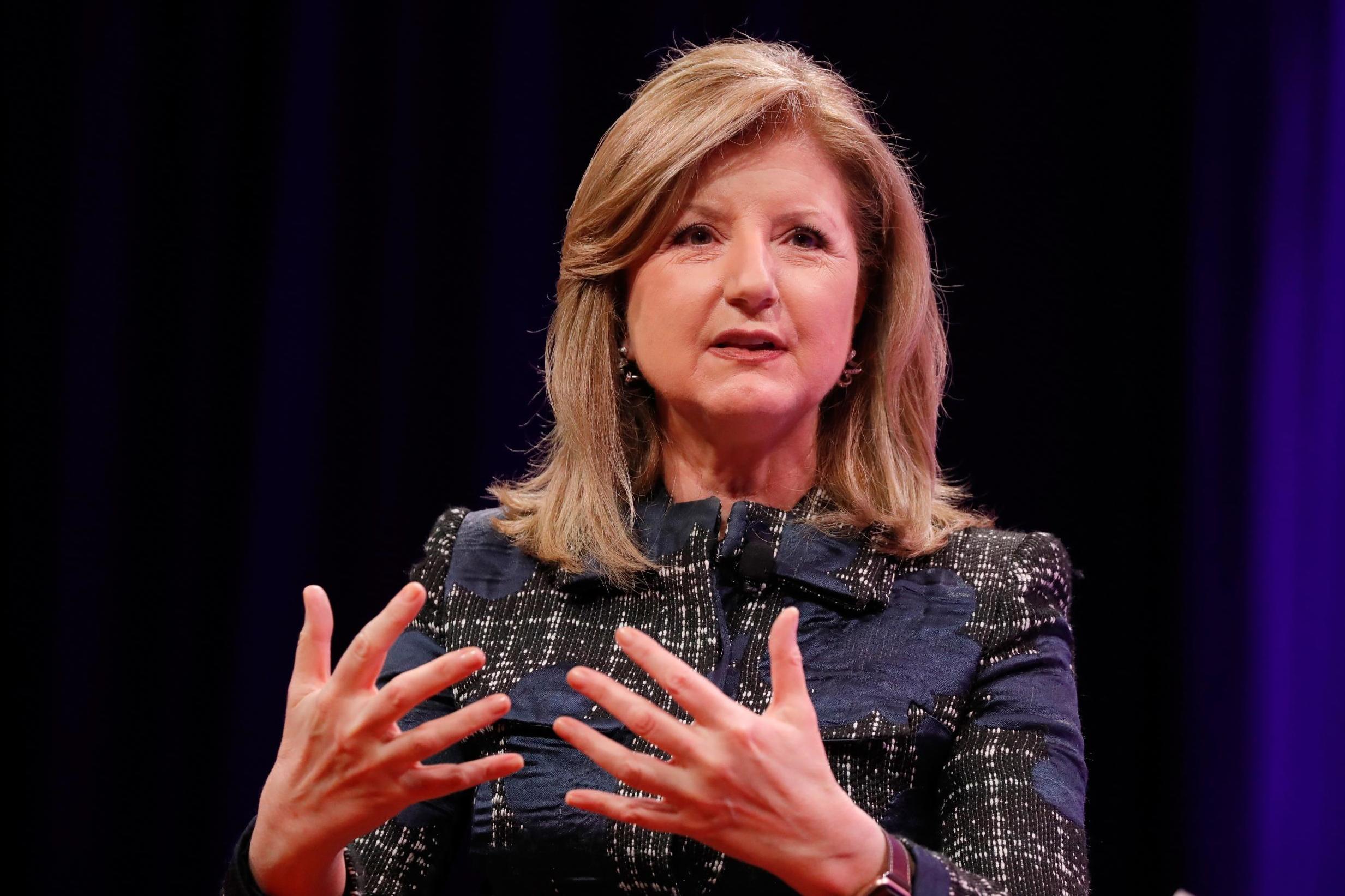The Independent's journalism is supported by our readers. When you purchase through links on our site, we may earn commission.
How the world's most successful people start their days - and what you can learn from them
From morning workouts to daily meditation

Success can be defined by a number of factors and achievements both big and small; from smashing your daily step count to nailing your tea-to-milk ratio in your afternoon cuppa.
However, for the world’s most prolific people, the foundations for success can be as simple as having a reliable morning routine that is as strong as it is stable - and excludes the gallons of caffeine and excessive snooze-button-smashing that many people rely on.
Whether you’re looking to emulate the habits of a top financial CEO or a savvy entrepreneur disrupting the tech world, it’s worth very little if you woke up on the wrong side of bed.
Arianna Huffington, Twitter founder Biz Stone and Pixar president Ed Catmull are just some of the leading industry figures interviewed in My Morning Routine: How Successful People Start Every Day Inspired, sharing the habits that help them kick-start their day, from early morning workouts to daily meditation.
Unsurprisingly, the most common habit shared by almost all of the 300 people interviewed for the book is getting a good night’s sleep, explains co-author Benjamin Spall.
The average length is seven and a half hours, with an average wake-up time of 6.24am and a modest bedtime of 10.57pm.
“If you don’t have a good night’s sleep, you’re not going to be able to have much of a morning routine to speak of,” he adds.
Unsurprisingly, successful folk aren’t the type to lounge around in bed upon rising.
“The majority of the people we interviewed get up and at ‘em right away, choosing not to spend any time laying in bed, whether using their phone or not, once they’ve woken up,” Spall told The Independent.
However, there is some variation here in that those working in creative industries tend to start their days a little slower than those in commercial roles, he added.
Interestingly, despite the inexhaustible number of models and celebrities raving about the benefits of their intense early morning workout regimes on Instagram, this wasn’t necessarily true for all those featured in the book.
While some of interviewees - such as US Olympic gold medallist Rebecca Soni and Clif Bar CEO Kevin Cleary - choose to work out first thing, many instead choose to do this in the middle of the day or in the evening after work, Spall said.
“Vanguard chairman Bill McNabb told us that exercise is a key part of his daily routine, but instead of doing it in the morning he aims to fit in a midday workout three or four times a week.”
A common denominator for those choosing to workout later in the day is that they don’t have young children and are therefore free from early morning breakfast-making, school-run-driving duties.
Those who struggle to find any time at all favour very short workouts which they can fit around their existing routine.
“Many of the people we spoke with incorporate the simplest of these exercises into activities they’re already doing in the morning, such as flowing through yoga poses while their morning coffee is brewing, or doing star jumps while waiting to get into the bathroom,” Spall added.
You might think that top CEOs dive straight into a sea of emails upon rising, however, that’s not always the case, Spall explained, with many choosing to indulge in other rituals - such as meditation - first.
This was particularly true for writers, he added.
“Meditation in particular is easy to fit into your morning because it doesn’t have to take very long at all,” he said, “I personally meditate for just ten minutes every morning, and I feel like I benefit from it”
Despite Arianna Huffington criticising the use of alarms in her interview, the majority of interviewees prefer to wake up to one. Crucially, though, very few make use of the snooze button.
“Snoozing your alarm will often cause you to feel much worse once you finally get out of bed. Instead of snoozing your alarm, add up the typical number of snoozes you do, and adjust your alarm’s time accordingly.”
Join our commenting forum
Join thought-provoking conversations, follow other Independent readers and see their replies
Comments
Bookmark popover
Removed from bookmarks